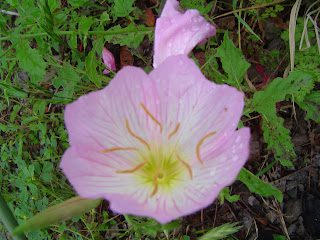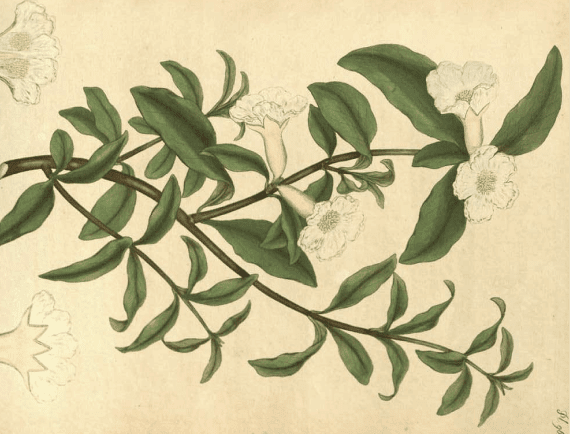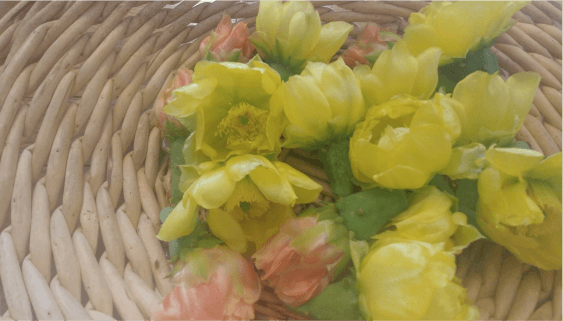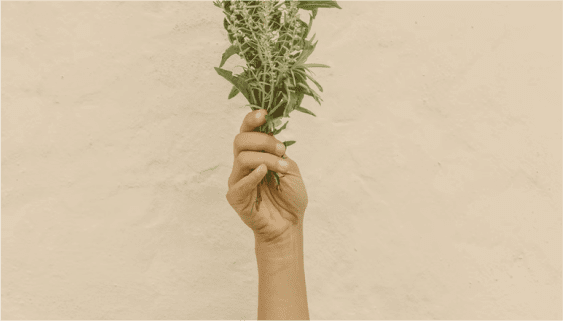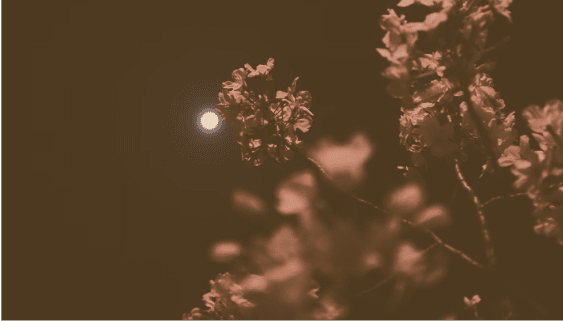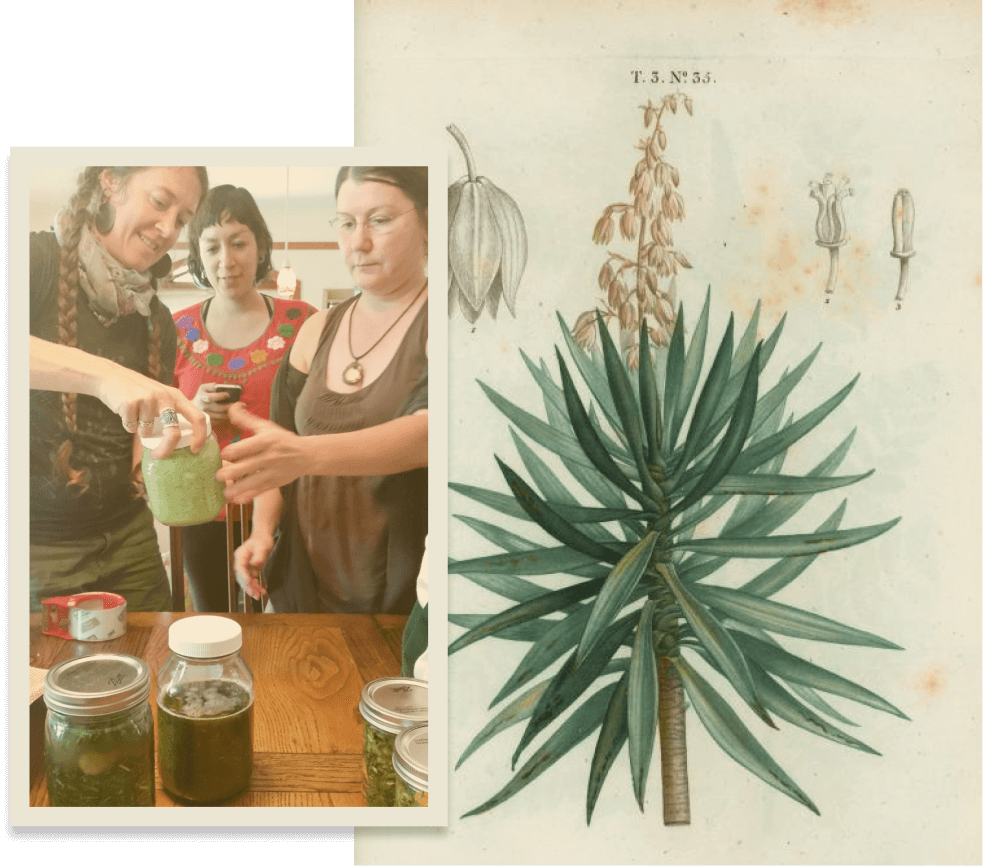The official Latin name of Evening Primrose is Oenothera
in the Onagraceae Family
It was give its name because as Ms. Grieve states in a modern herbal “Each flower opens at the dusk of evening, and does not close till about 9 or 10 o’clock the next morning, after which they do not open again. The flowers of some members of the genus open in the evening so rapidly that the movement can almost be observed”.
One of the most showy in central Texas is the Pink Evening Primrose, or Oenothera speciosa, flowering in March and April. As Central Texas always is an exception to every rule of plants and gardening, our Pink Evening Primrose, opens its flowers in the morning, closing each evening. To further complicate matters, the same plant, in different populations in north Texas tend to open in the evening.
Description: The speciosas are perennials wildflowers offering solitary soft pink, delicate drooping flowers with yellow centers and yellow stamens. The differing species vary in color, but all have 4 very delicate petals on each flower The common speciosa has small linear leafed foliage and tends to form large colonies and it sprawls to cover lawns, roadsides, and fields.
Habitat: Evening primrose is a wonderful addition to gardens and a good addition to lawns, to cover up bermuda grasses. It tends to compete well with grass. It is a common wildflower all over Central Texas, found in full sun and even in drought ridden conditions of Central Texas.
Harvest: I like to harvest the flowers for tea. I also tincture the entire plant fresh in 50% alcohol. In commerce, the seed is what is sought after
Historically the Root is cooked and Boiled and eaten like salsify or parsnips. The flowers were also used in syrups to help with whooping cough and asthma. .
Modern Use: For the local species, I like to gather the flowers to dry and make tea. It pleasant tasting The root and leaves of are used to soothe and relax inflamed tissue. In commerce, The mature seeds of the biennis species The seed contains a good source of gammo-linoleic acid, an essential fatty acid which has numerous vital functions in the body.
Preparations: The plant can be made into a tea, poultice or syrup
Clinical Use: My first experience with using our local primrose came from a folk herbalist I worked with who used the flowers in tea to help regulate her menses. I still add it to formulas today to help with erratic menses, or delayed boggy menses. I really enjoy the flavor and unctuous that rolls over your tongue even in tincture form. It is a good plant for dry and inflamed tissues, especially lung or other delicate mucous membranes. I have also seen Evening Primrose Oil work its magic on acne. I had a client begin taking Evening Primrose Oil and her acne began to clear up in 12 hours.
Evening Primrose is cooling and moistening, quite a treat for those of us in the hot dry south.
